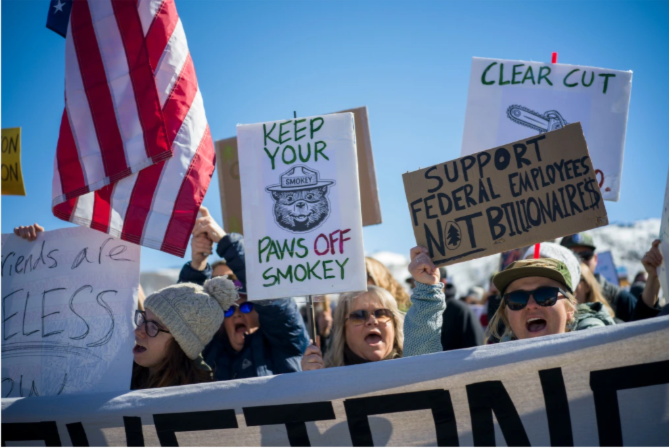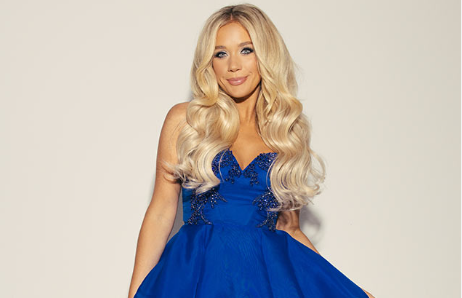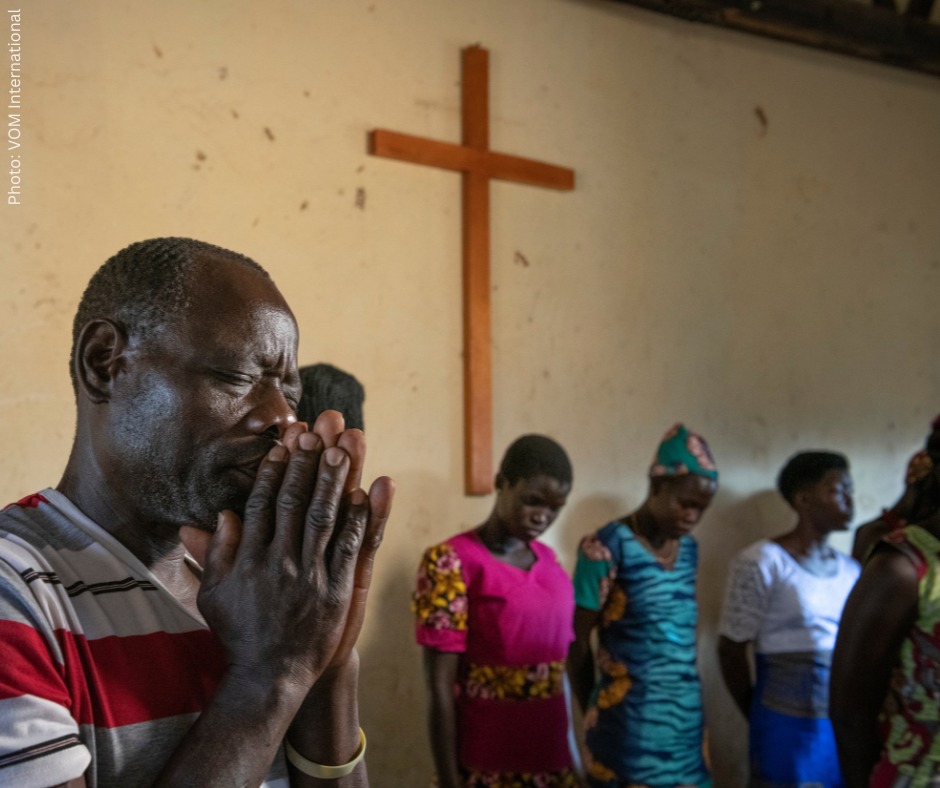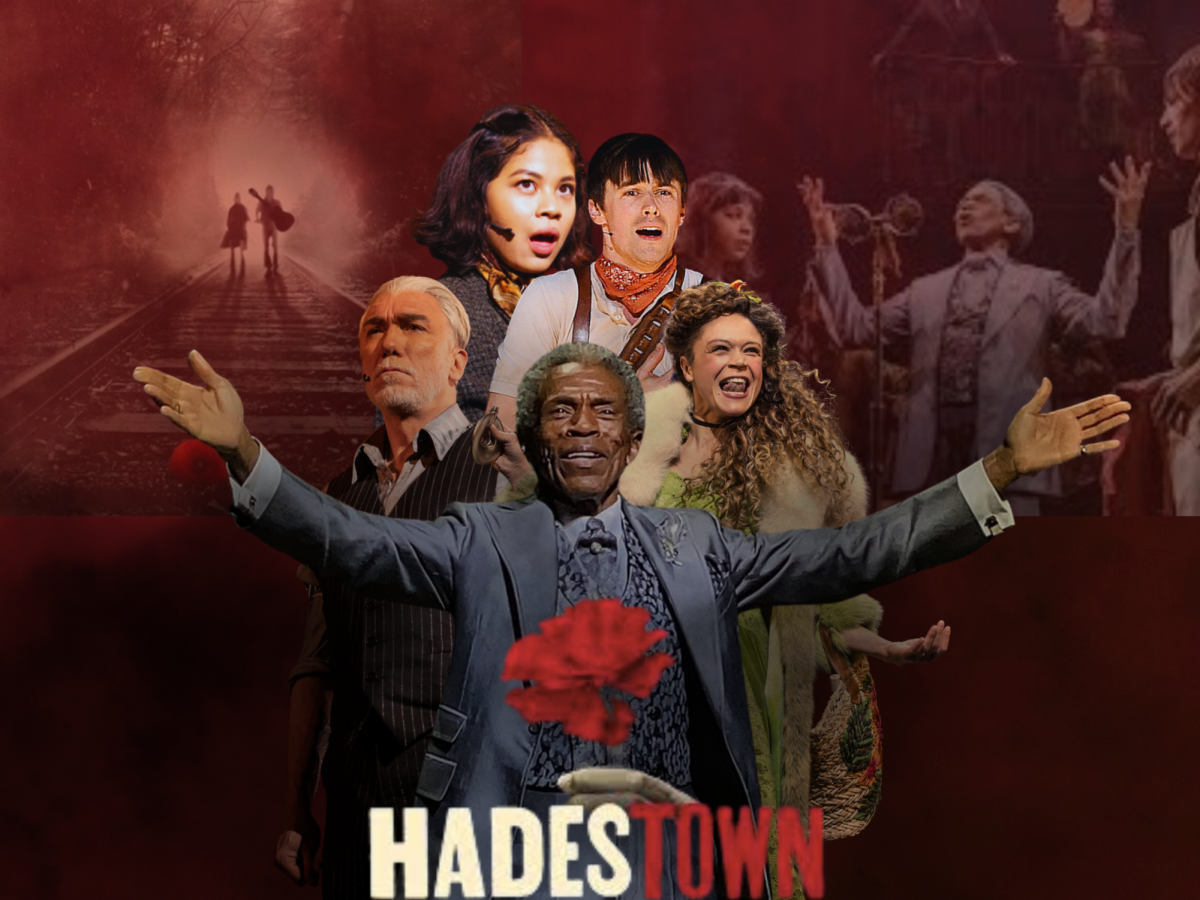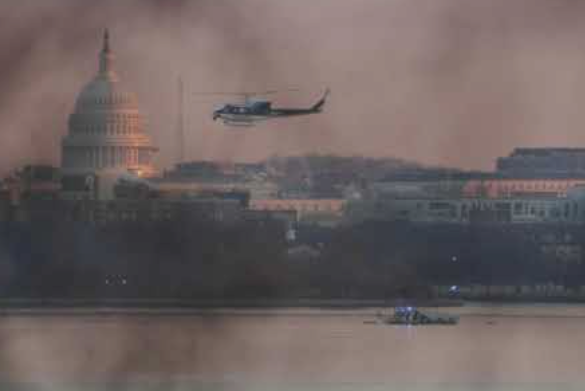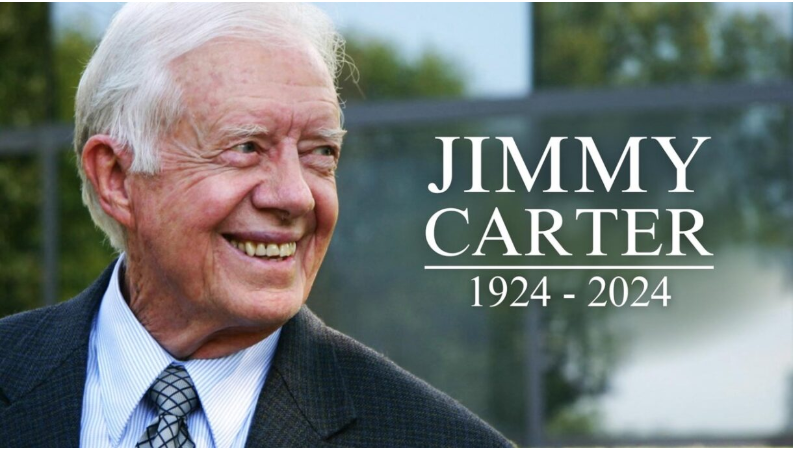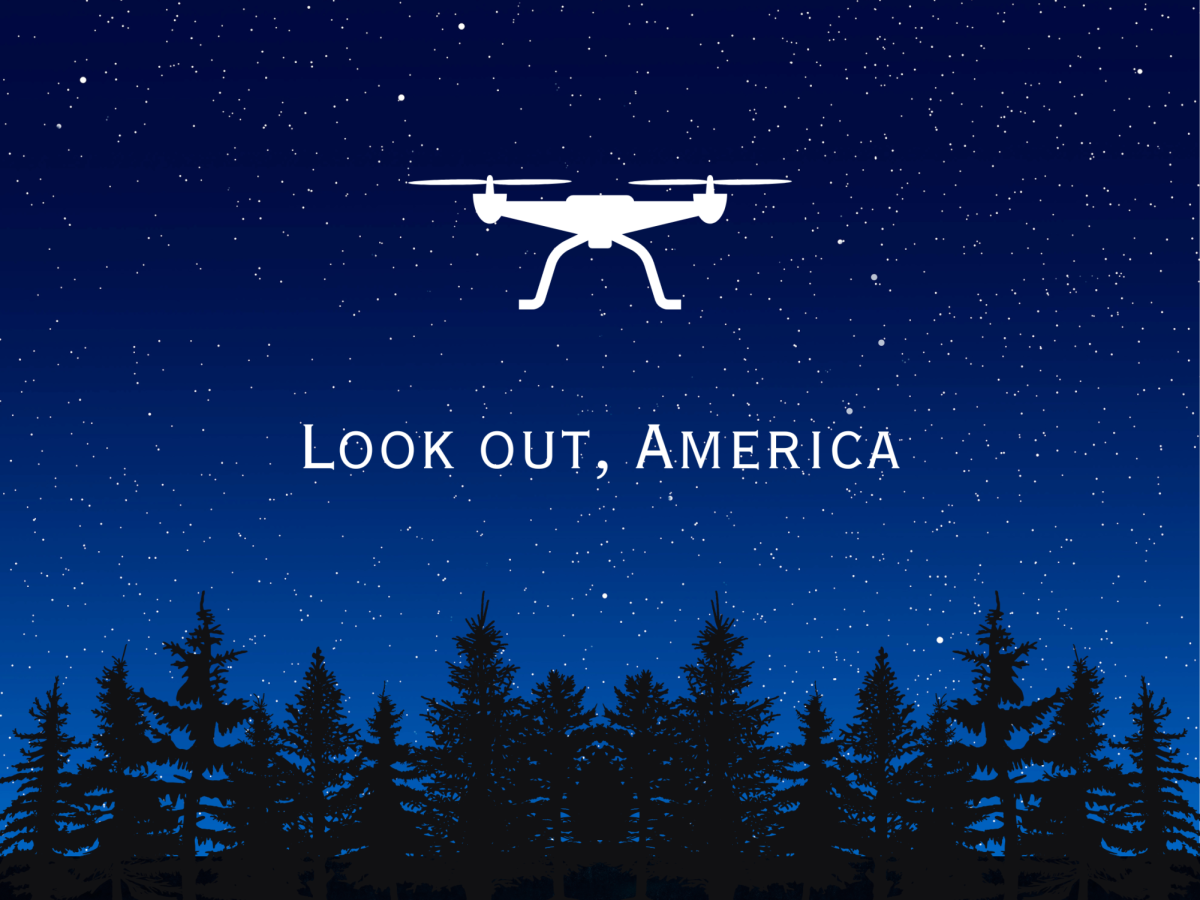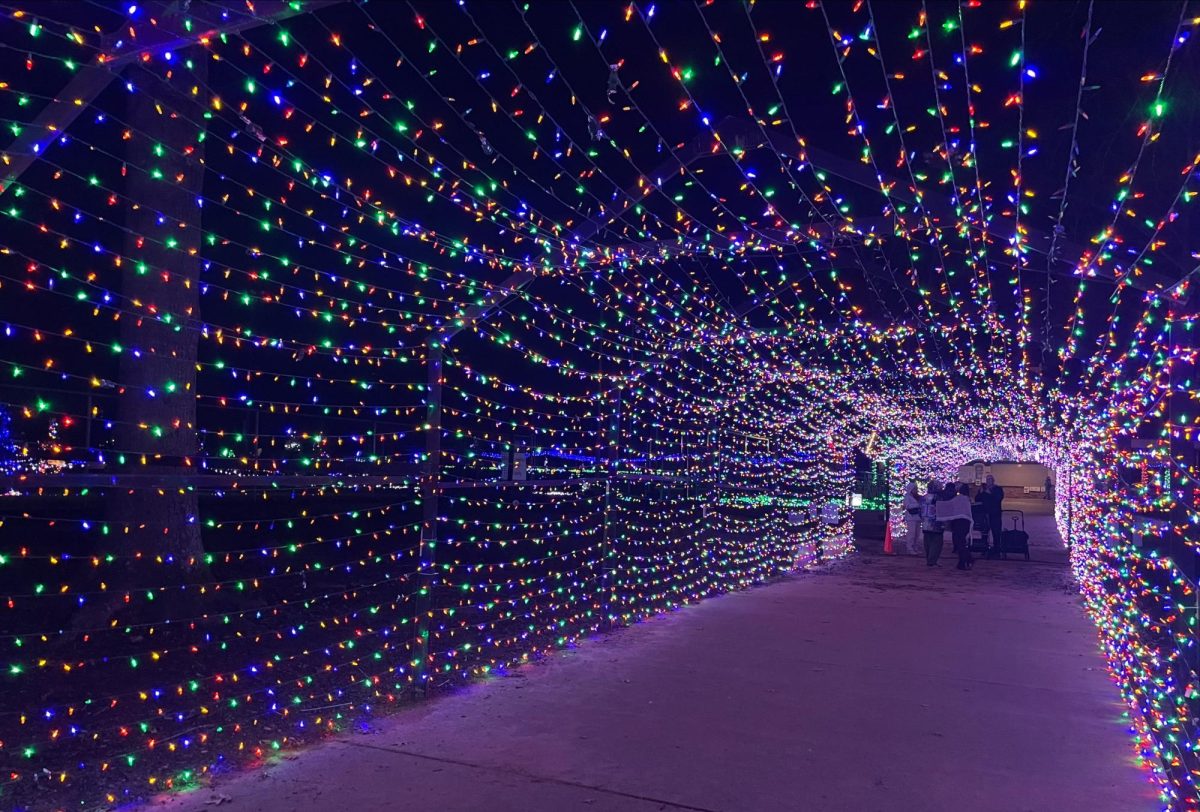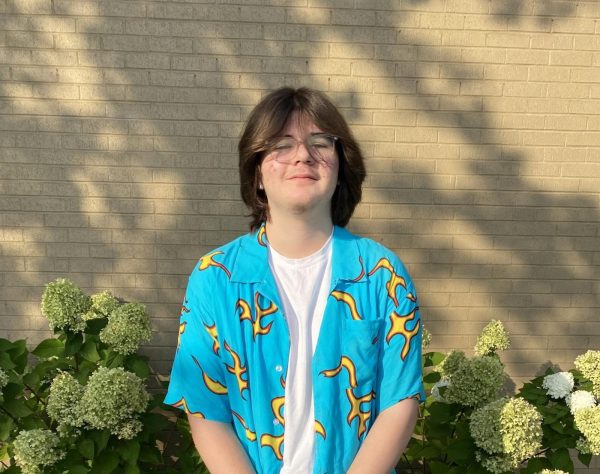United States (U.S.) history was made on Jan. 6, 2021, when thousands of people, angry about President Donald Trump losing the 2020 election, stormed the Capitol and began riots surrounding the building. This event was broadcasted live on television while citizens across the U.S. watched in awe as the almost dystopian riots broke out right before their eyes.
Although the riots took place four years ago, the lasting effects are still heavily present, even instilling fear into citizens during the 2024 election cycle that more extremist riots may break out again. Despite the Jan. 6 riot’s problematic nature and many unpleasant recollections surrounding it, many of the rioters look back at the day fondly, and the date became almost romanticized in the years following it.
“I cannot even vote, but I was still scared for what may have happened if Kamala Harris won [the election]. I was worried that the other end of the political spectrum would take it to the extreme again and maybe even go further than they did on Jan. 6,” Alden Talone, sophomore, said.
Following the Jan. 6 riots, Trump was indicted on felony charges for attempting to overturn election results. Following him into the 2024 election cycle, Trump’s criminal charges were a focal point during the 2024 election. Although many may find these criminal charges and the few to no consequences disturbing, just as many of them turn a blind eye to these riots, sometimes even glorifying them. Trump pardoning over 1,500 Jan. 6 rioters as one of his first actions in office only further solidifies and promotes the prideful feelings and false patriotism that so many Jan. 6 rioters seem to wear on their sleeve.
“On the campaign trail, Trump described the January 6 rioters as “political prisoners,” conveniently forgetting the fact that those progressing through the criminal justice system were charged by grand juries and convicted by either juries or federal judges. He calls them “great patriots”, rewarding people who tried to ignite an insurrection turns the pardon power on its head,” Joyce Vance, a reporter for Brennan Center For Justice, said.
The January 6th insurrection was more than just an attack on the U.S. Capitol, but an attack on democracy, as the party who most often claims to stand for democracy posed the biggest threat to it that modern day America has ever seen. Trump insighted the attacks in an attempt to stay in office and used these riots to summon some of the most outwardly hateful extremist groups in the U.S. such as the Proud Boys, an alt-right neofascist hate group that promotes political violence, white supremacists and Neo-Nazis. Despite the violent crimes and numerous acts of extremism the rioters carried out on Jan. 6, there is little to no punishment for even the most hateful participants after Trump pardoned them.
“I refuse to allow President Trump to rewrite what happened on January 6 – armed insurrectionists, incited by Trump himself, broke into the U.S. Capitol and violently assaulted Capitol Police officers in their attempt to overthrow a free and fair election,” Senator Patty Murray, a Democrat from Washington state, said.
The Jan. 6 attacks forever changed American politics, altering views on the political spectrum and striking fear into government officials and citizens alike for what could happen if power is given to the wrong people. The riots set a new precedent for political extremism in the U.S., as it upscaled any previous forms of protest that modern America has ever seen. Today, many unfavorably look back on the day that radicalized so many and pray it does not happen again, while others stand ready to take their views to the extreme once again.



